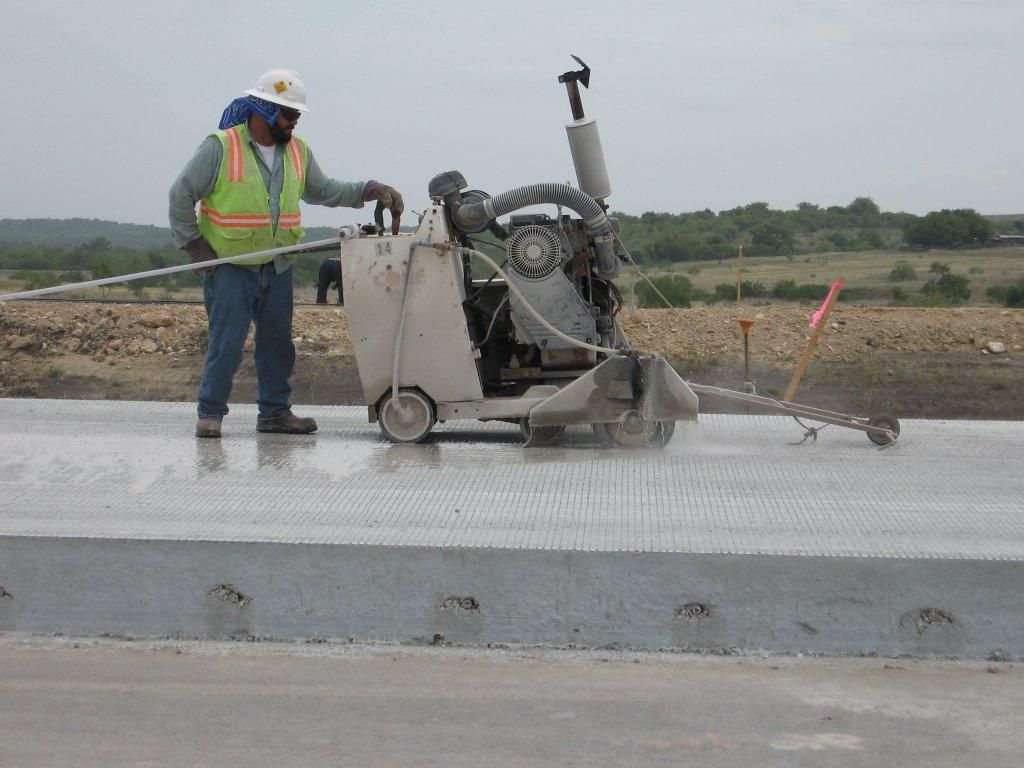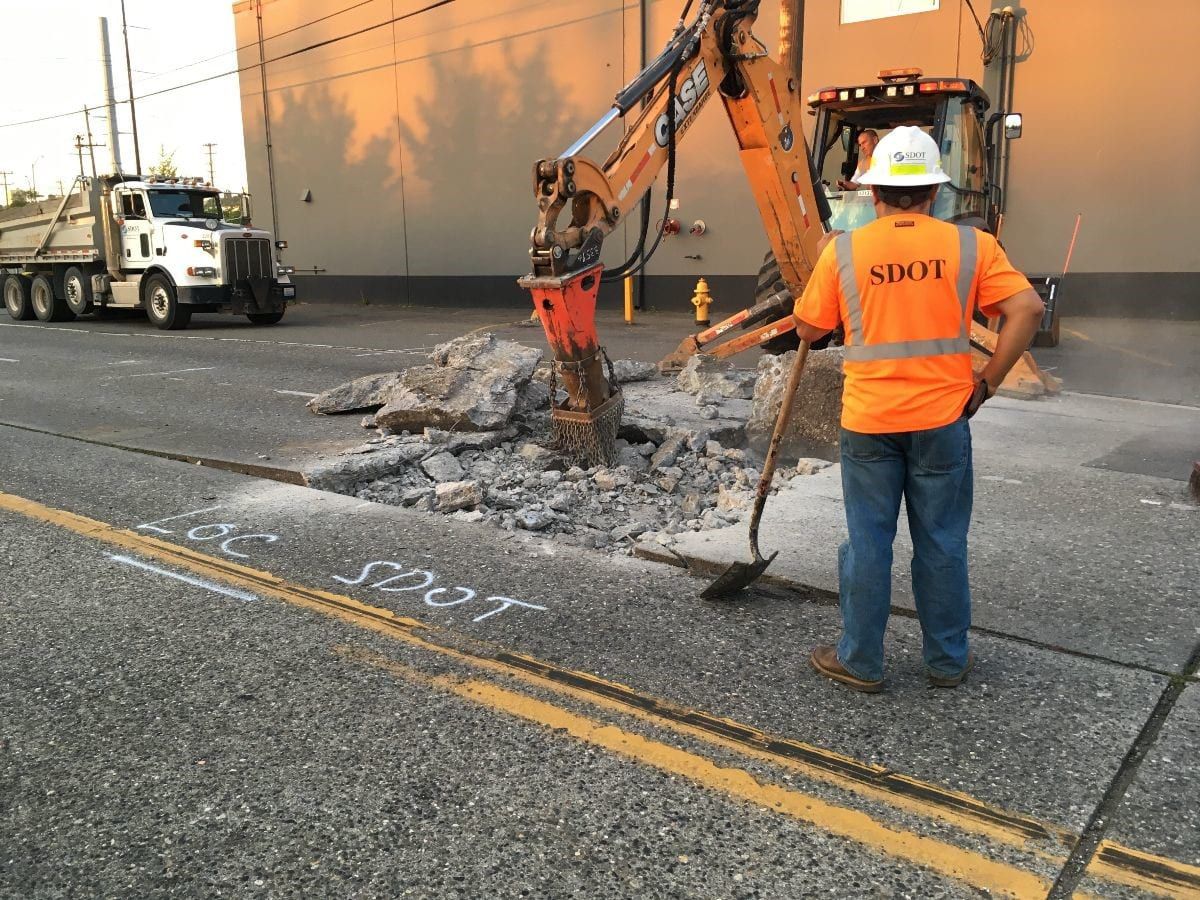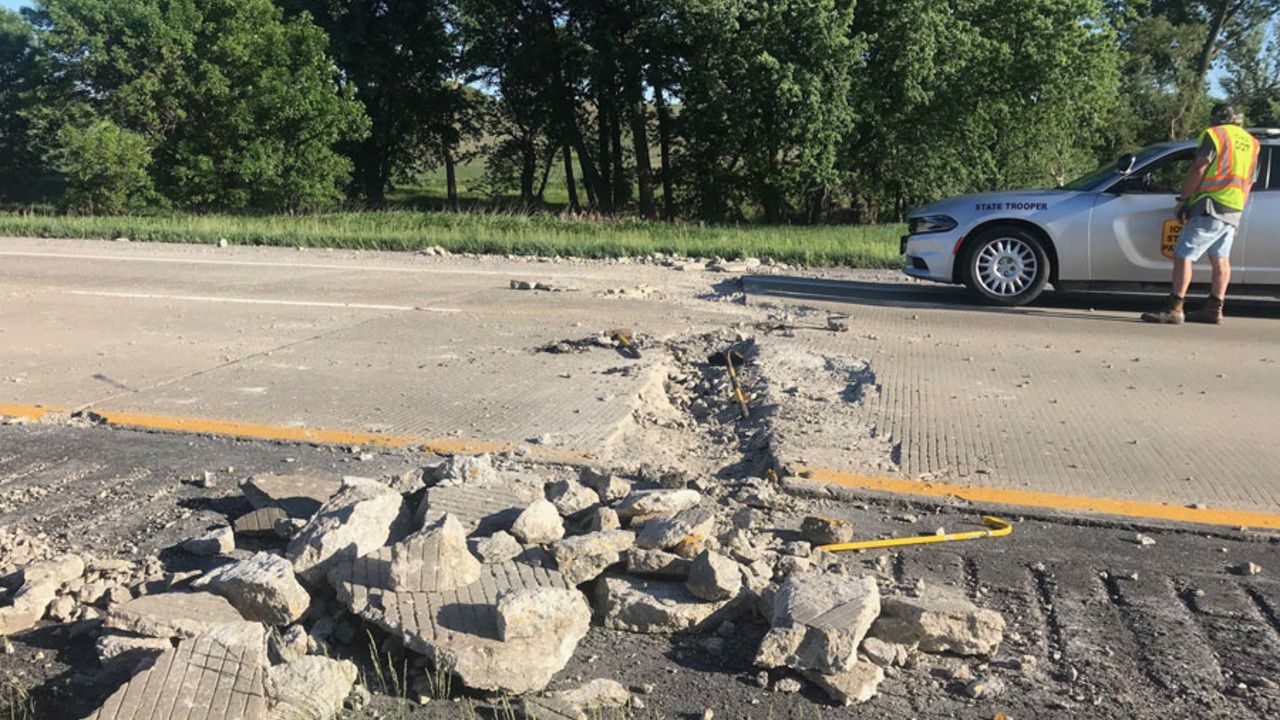Winter’s freezing and thawing really does a number on our roads. Roads may hate winter, but extreme heat in the summer can become a problem for pavement, too.
Pavement, like most things, will expand as it gets hotter. This usually isn’t a problem, since construction crews cut expansion joints into concrete roads. That gap gives concrete some room to grow when temperatures are high.

But, according to the Ohio Department of Transportation’s Matt Bruning, "if the pavement gets super hot and expands further than the joint allows for, it has to go somewhere and that somewhere is usually up."
Take a look at the video below from Little Canada, Minn. Watch the incoming traffic in the lane closest to the median. That's where a buckle in the pavement has occurred and it sent some motorists airborne as they hit it.
Heat-caused buckles are more common where the pavement is weakened to begin with.
Bruning adds that asphalt (also called blacktop) is more flexible, so the same heat doesn’t often cause the same kinds of issues. However, it can still heave upward under the right conditions.
Some buckles or heaves may just cause a traffic slow-down, while others can become severe enough that they could cause a crash.

Crews fix these problems as quickly as they can, but the process can take some time since workers remove the affected section.
Our team of meteorologists dives deep into the science of weather and breaks down timely weather data and information. To view more weather and climate stories, check out our weather blogs section.



